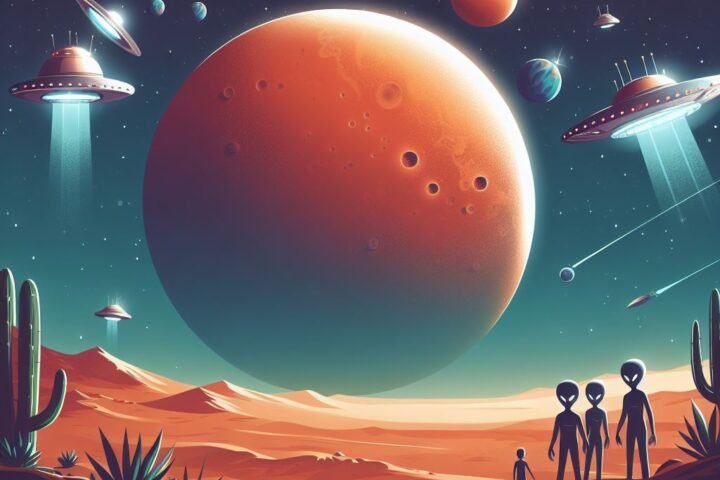A Glitch in the Matrix of Childhood Memories?
Prepare to embark on a journey that delves into the charming world of the Berenstain Bears, a beloved family of bears whose existence has sparked a bewildering and controversial conundrum. Brace yourselves as we dive headfirst into the baffling Berenstain Bears Phenomenon, a curious case that has left reality and recollection at odds.
If you’re among the countless individuals who grew up cherishing the tales of Mama, Papa, Brother, and Sister Bear, you may recall spelling their name as “Berenstein” rather than “Berenstain.” And therein lies the heart of the enigma. A significant portion of the population distinctly remembers the beloved bear family’s name being spelled with an “e,” while official records and publications consistently assert that it has always been spelled with an “a.” How can such a widespread collective memory divergence be explained?
Conspiracy theorists and those who delve into the mysteries of the mind have attributed this phenomenon to the “Mandela Effect.” Named after the curious case of Nelson Mandela, where many people recall his death occurring in prison rather than in 2013, the Mandela Effect suggests that collective false memories are evidence of parallel realities or alternate timelines. Could our Berenstain Bears memories be a result of a glitch in the matrix, a tiny rift that momentarily exposed us to a different version of reality?
Skeptics, on the other hand, offer a more grounded explanation. They propose that the phenomenon is rooted in the fallibility of human memory and the quirks of perception. Our brains, they argue, are not infallible recorders of past events but rather prone to distortion, reconstruction, and selective focus. As a result, even cherished childhood memories can be subject to alteration over time.
For believers in the Berenstain Bears Phenomenon, the implications are far-reaching. If parallel realities are indeed responsible for the discrepancies in our recollections, what other aspects of our lives might be influenced by these alternate dimensions? Could our understanding of history, science, and even personal experiences be shaped by these subtle shifts in the fabric of reality?
The Berenstain Bears Phenomenon serves as a poignant reminder that our perception of reality is far from infallible. It urges us to contemplate the fragility of memory and the intricate dance between personal recollection and the objective truth. Whether you attribute it to parallel universes, the quirks of human memory, or a combination of both, this curious case invites us to question not only our understanding of the past but also the nature of our own consciousness.
So, the next time you curl up with a Berenstain Bears book or share the stories with a new generation, take a moment to ponder the nature of memory, the mysteries of perception, and the astonishing power of the mind to shape and reshape the world around us. The Berenstain Bears may be fictional, but the enigma they’ve inspired is very real – a riddle that invites us to peer into the depths of our own cognitive universe.


